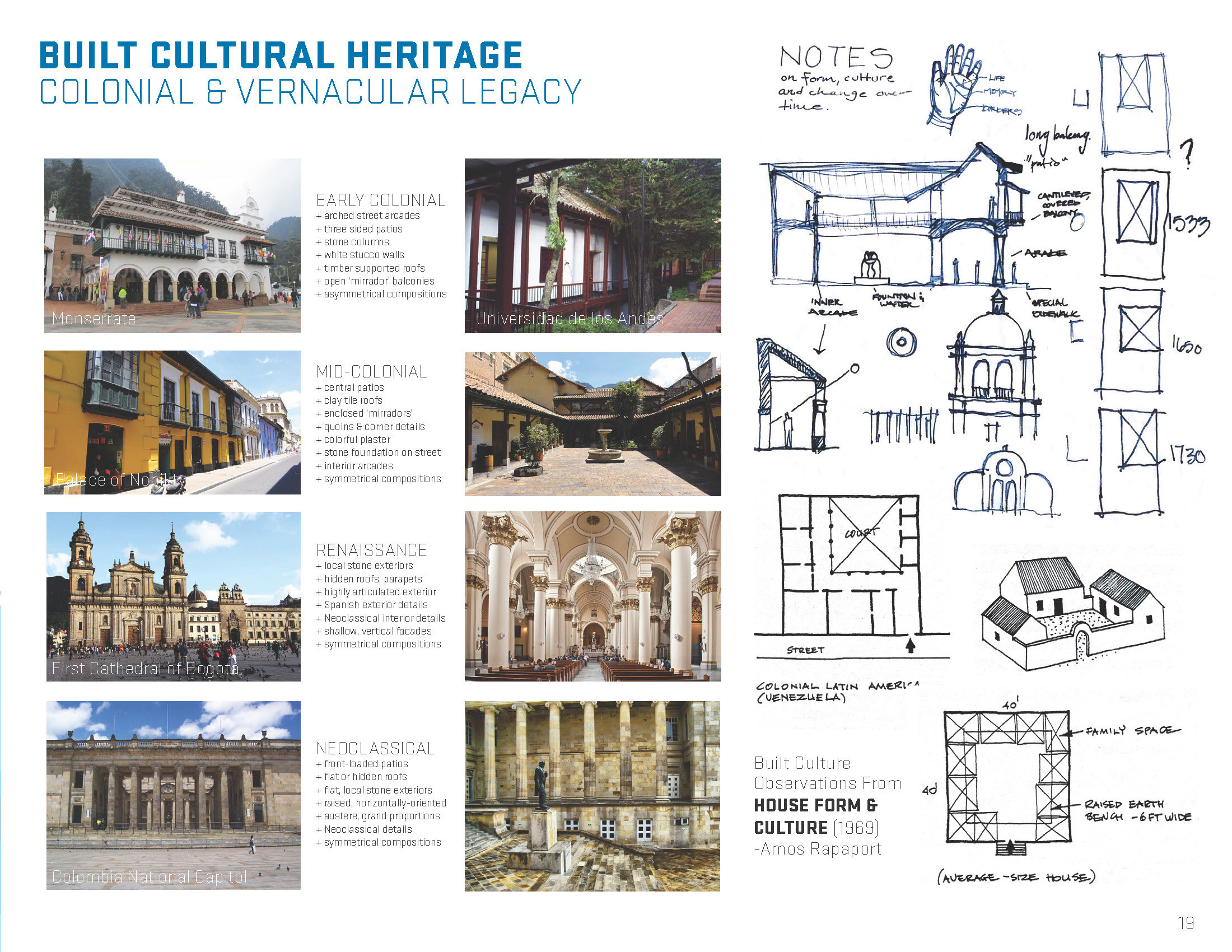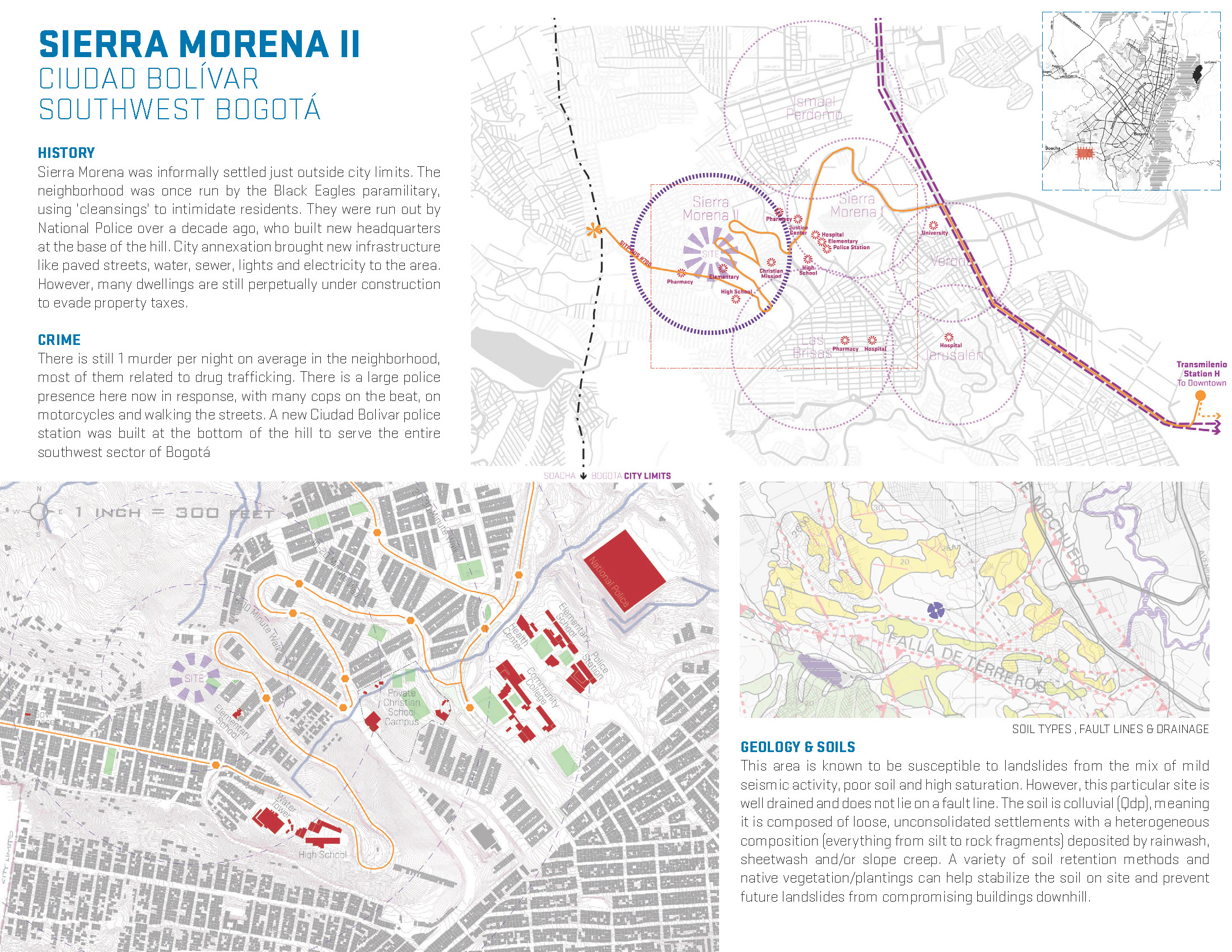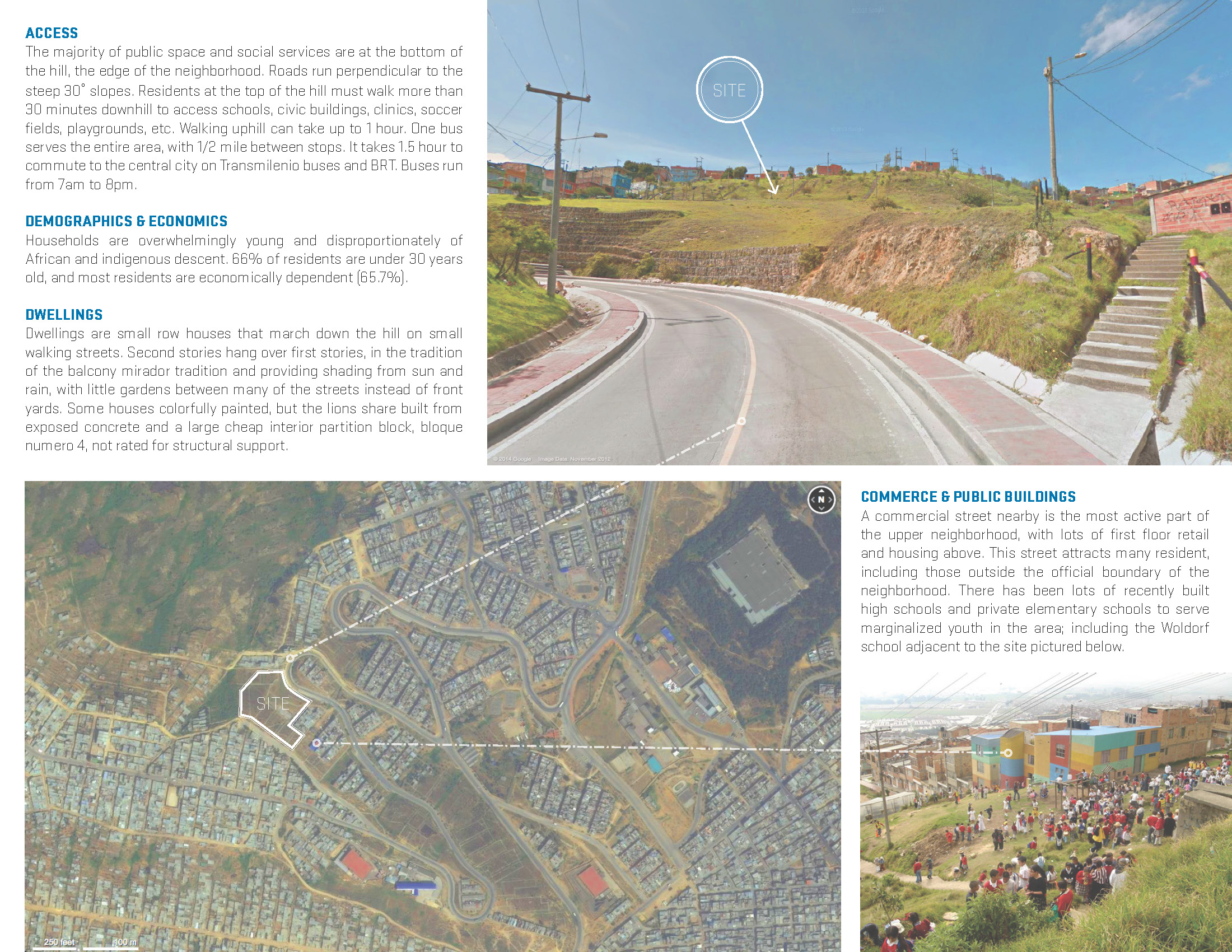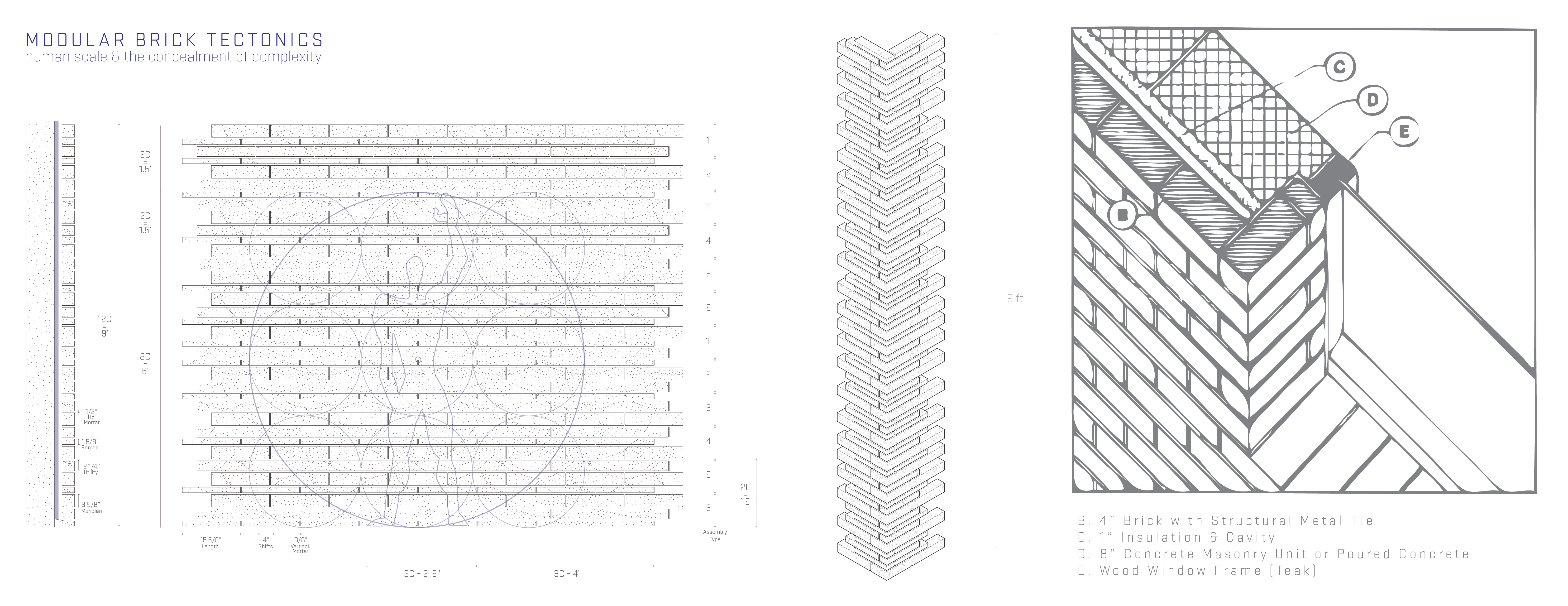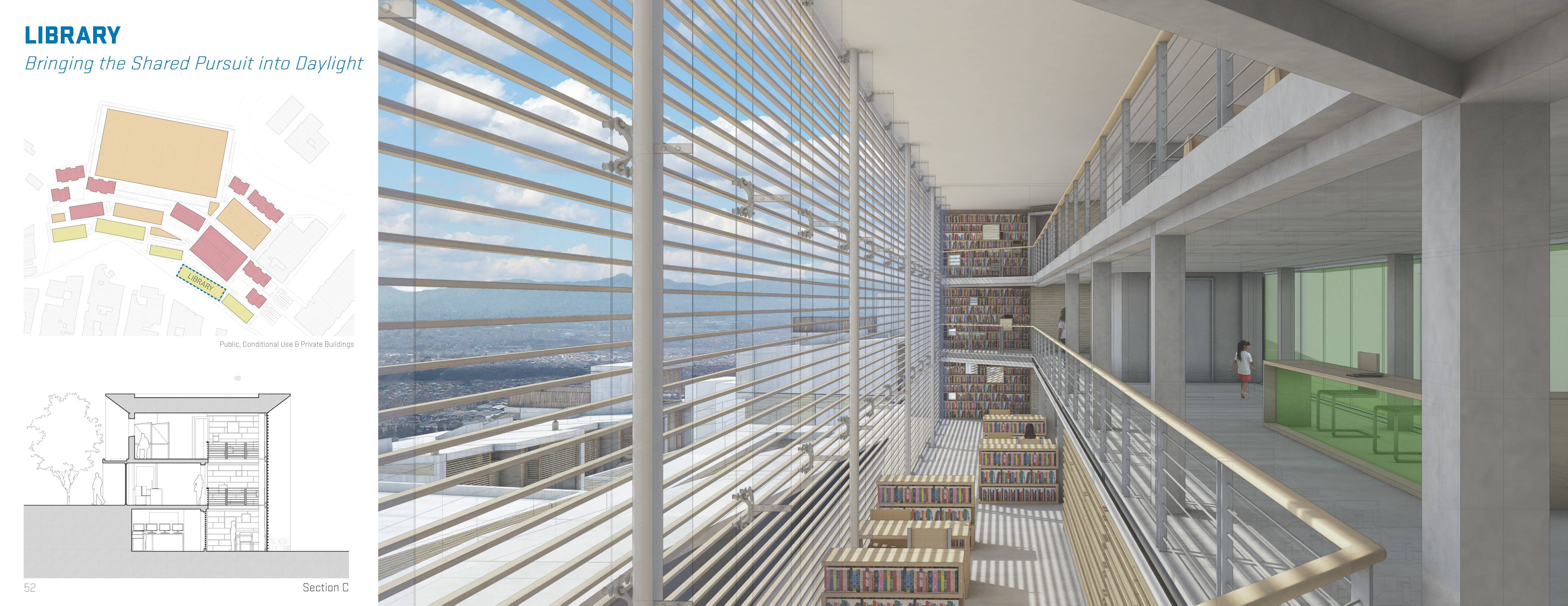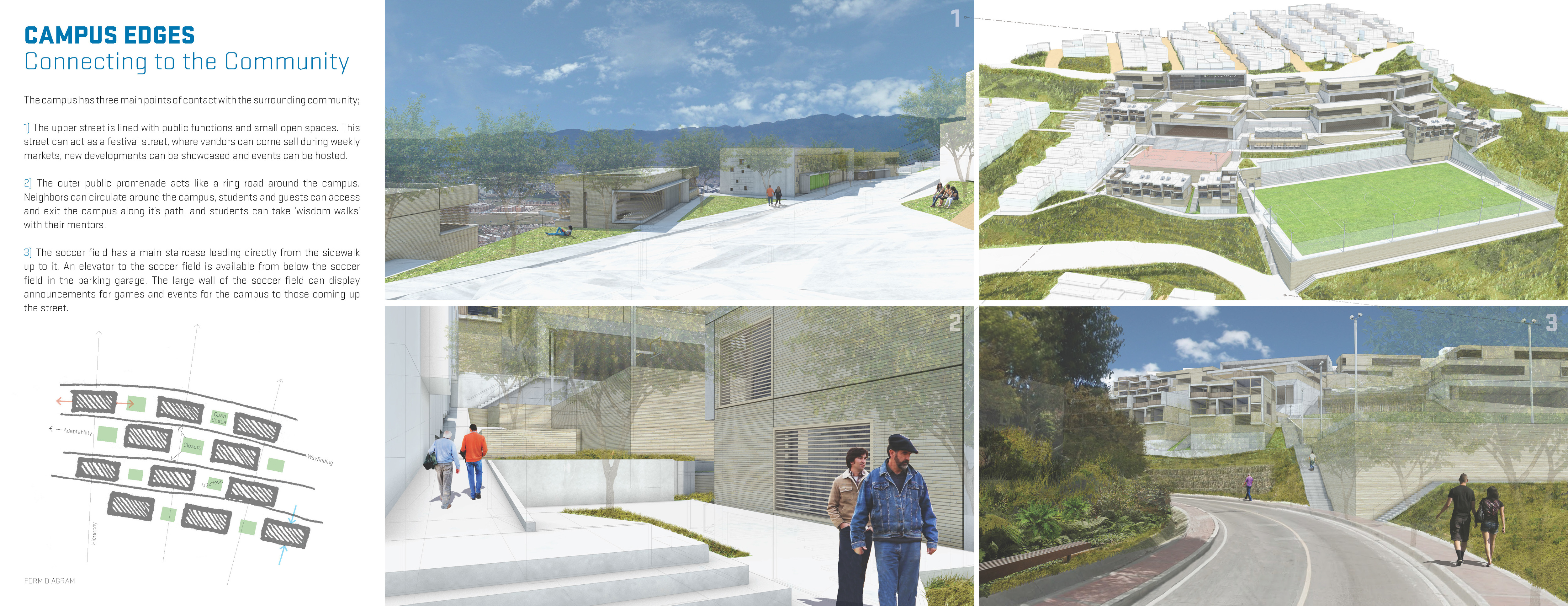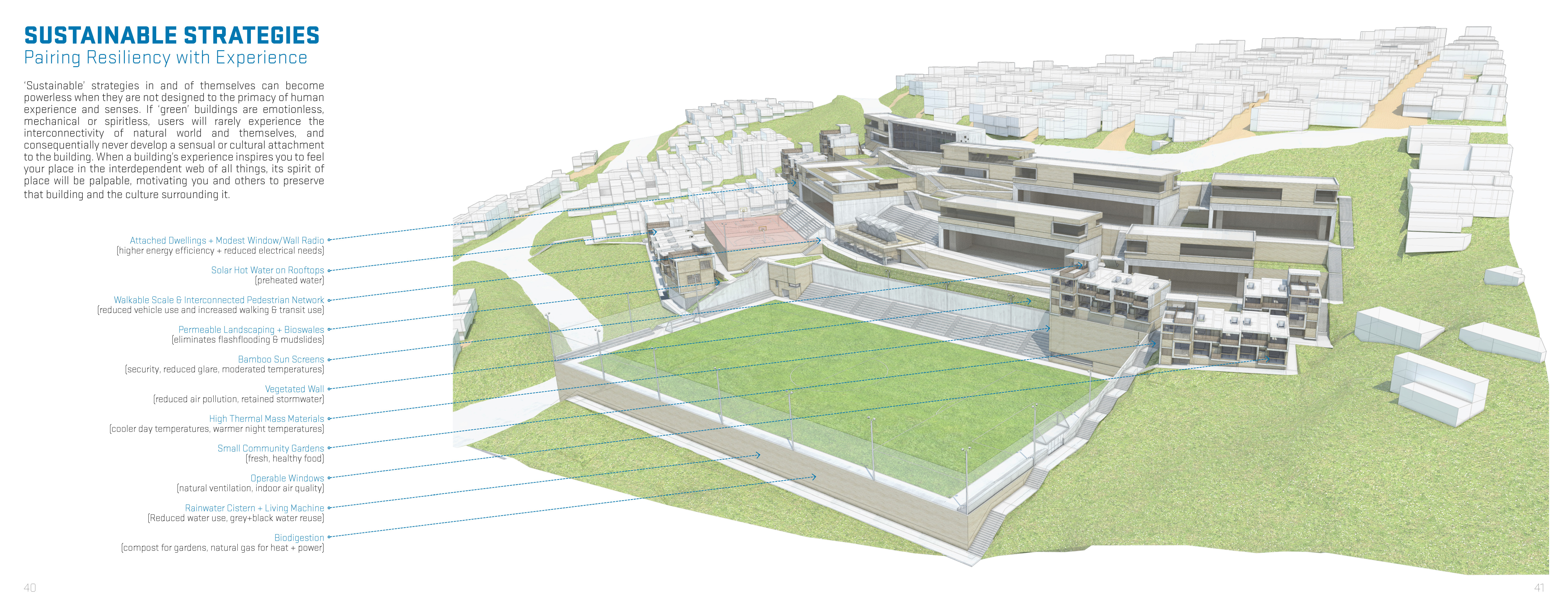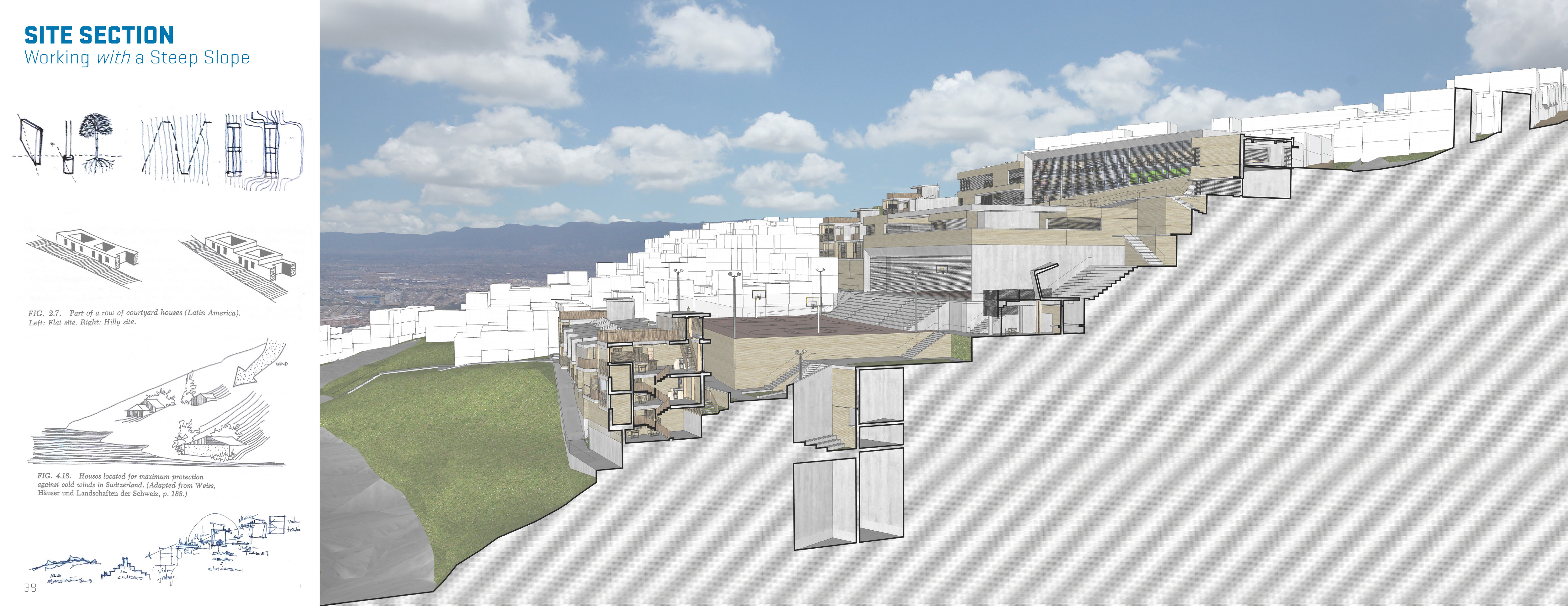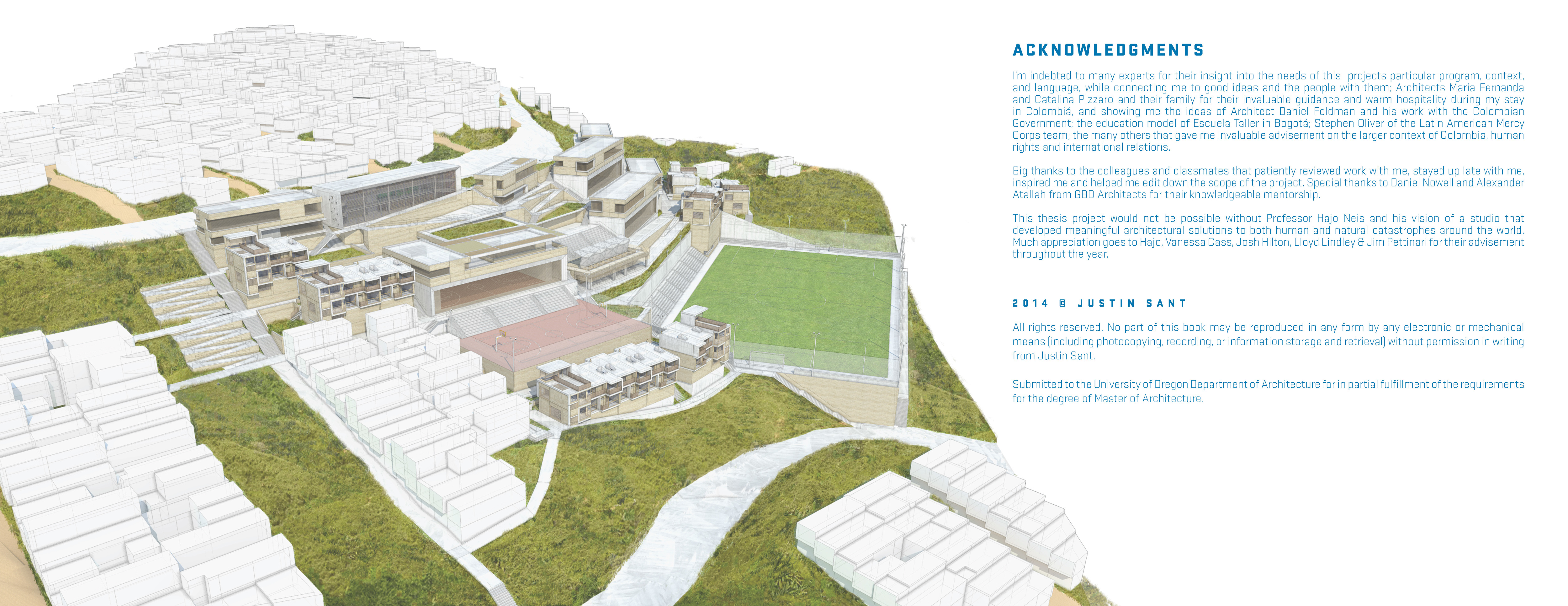Sierra Morena Workshop Academy
June 2014
Bogota, Colombia
University of Oregon
Regenerative Design Graduate Thesis Studio
Priorities:
Critical Cultural Regionalism
Contextual Integration
Bottom-Up Humanitarian Design
Phenomenology + Human Spirit
Resiliency + Sustainability
Professor:
Hajo Neis
Advisors:
Maria Fernanda Pizarro
Vanessa Cass
Daniel Nowell
Lloyd Lindley
Jim Pettinari
Joshua Hilton

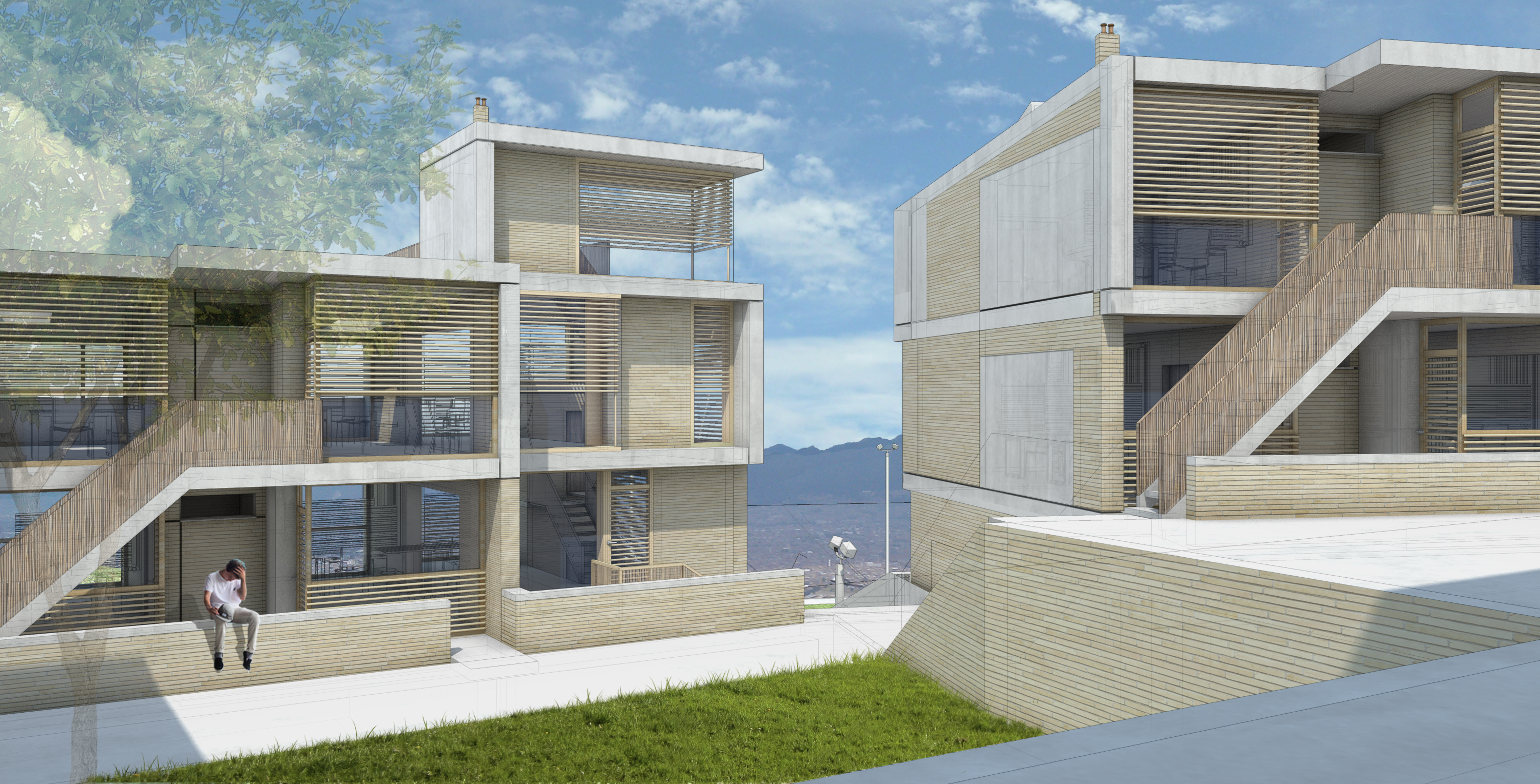
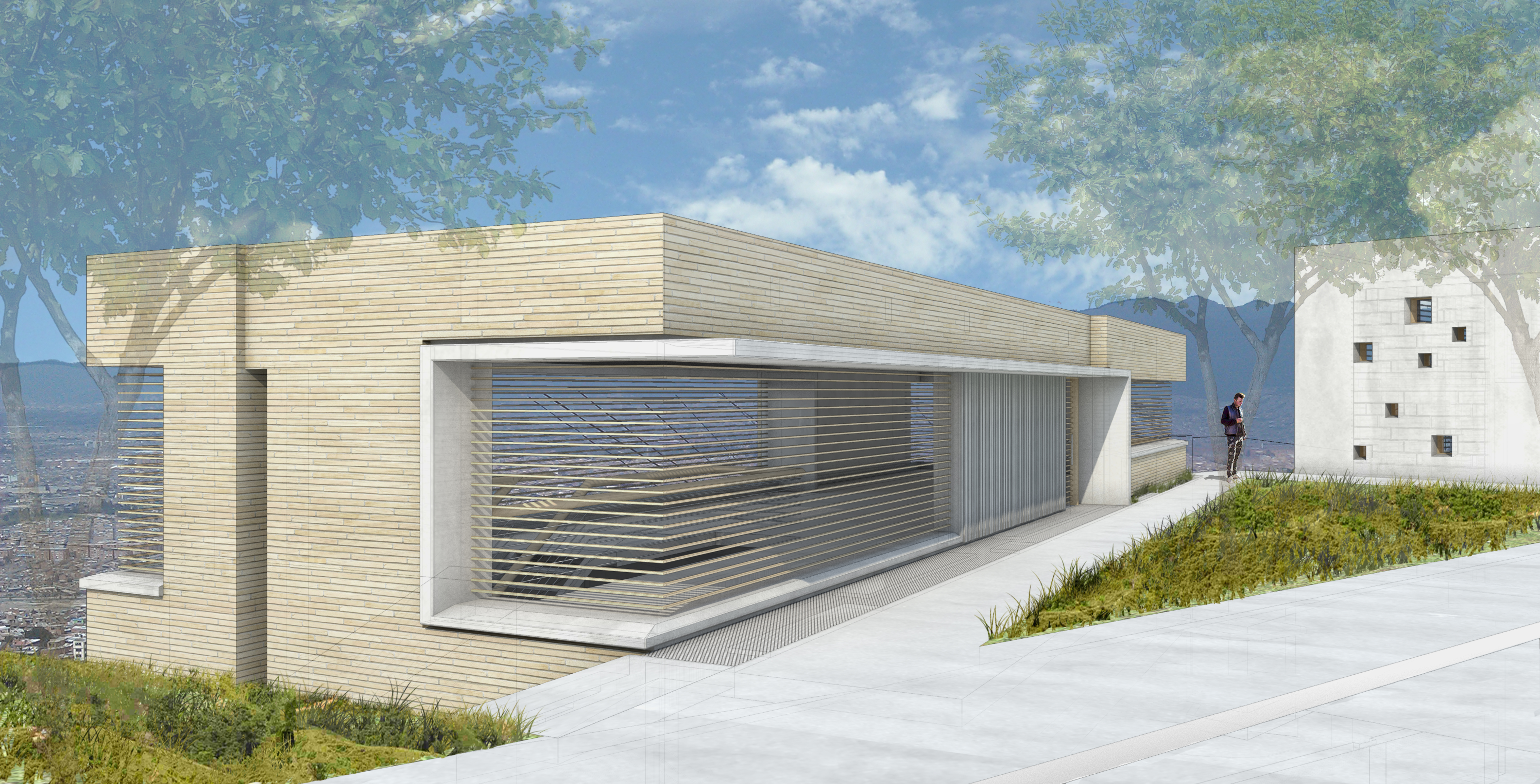
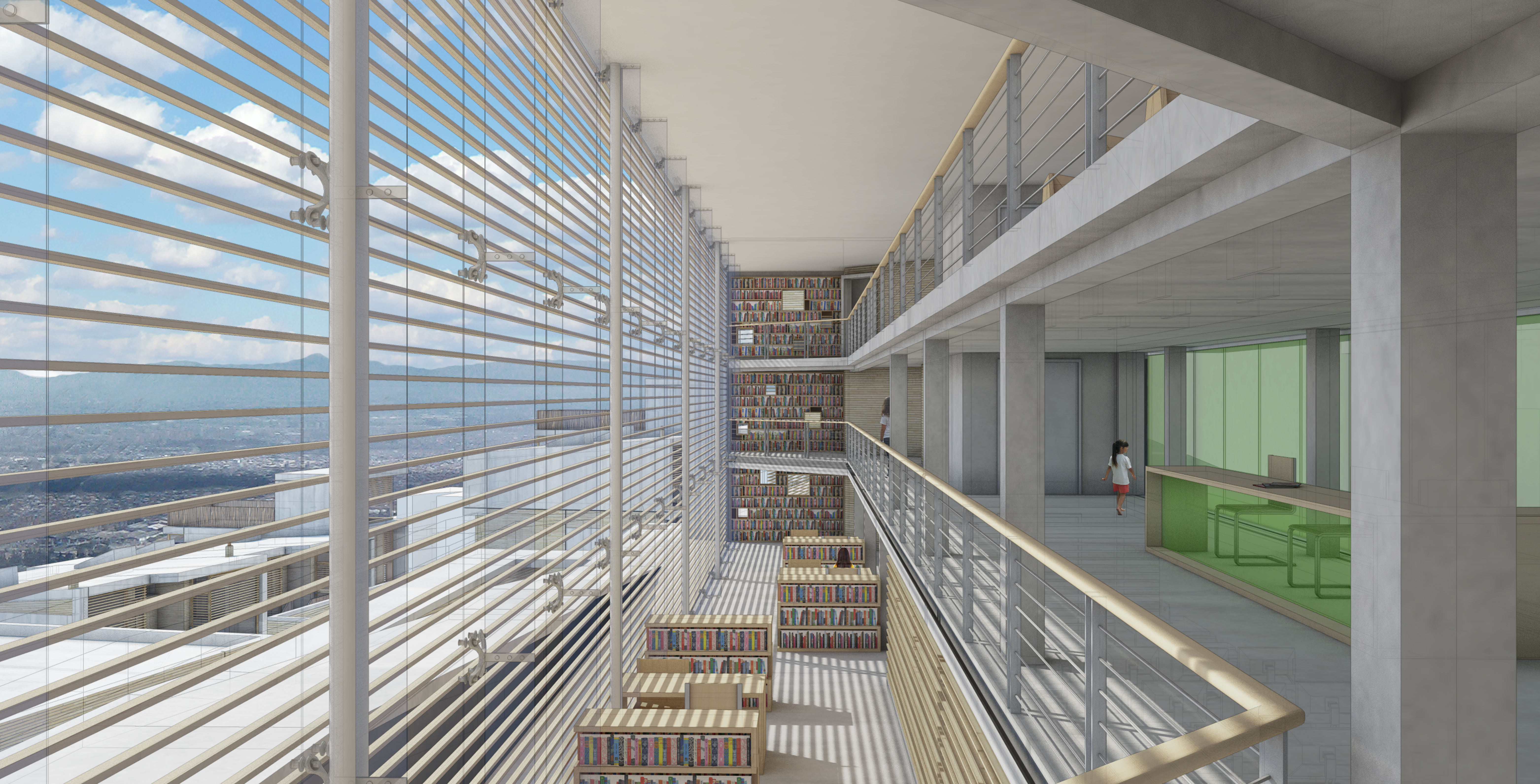
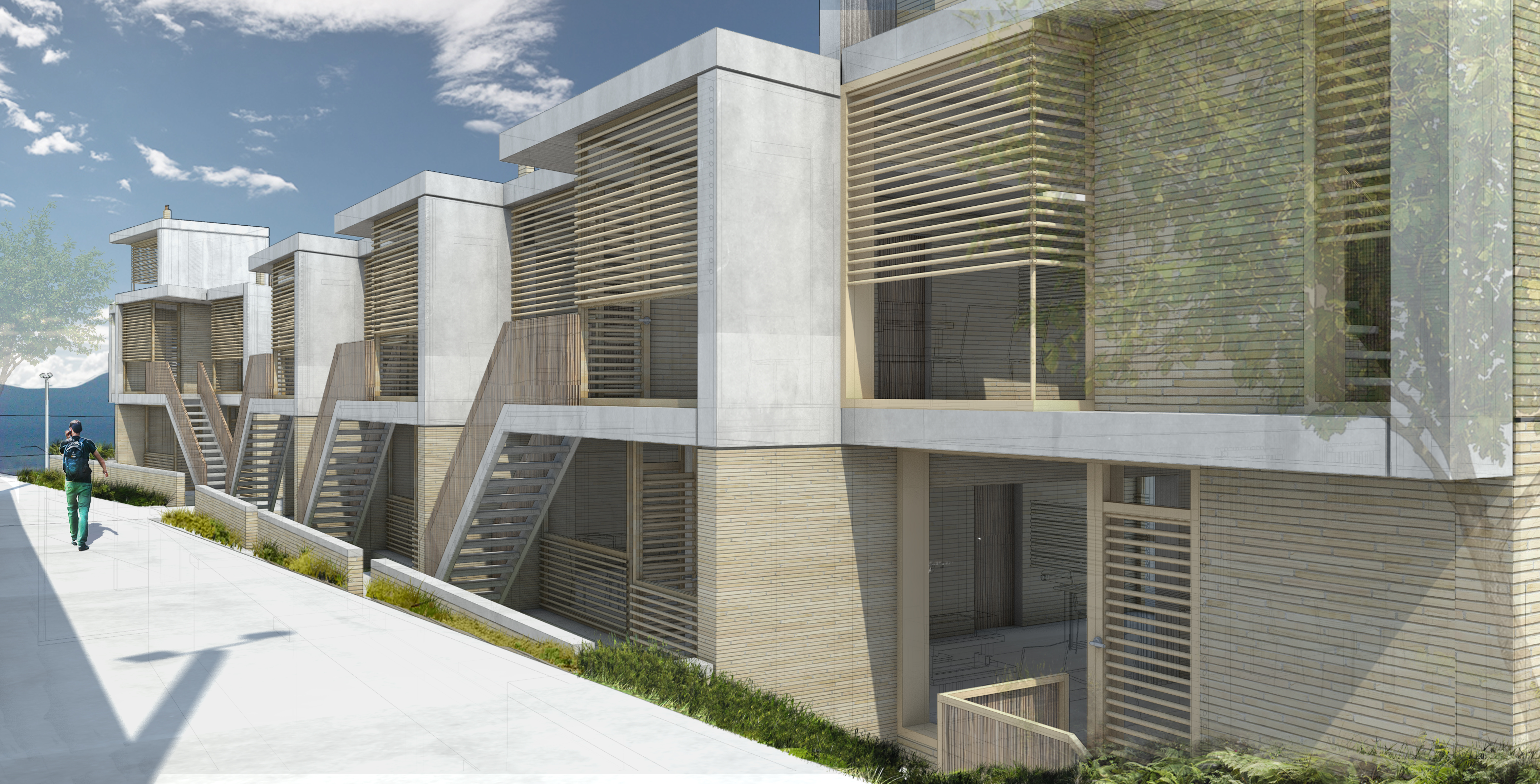
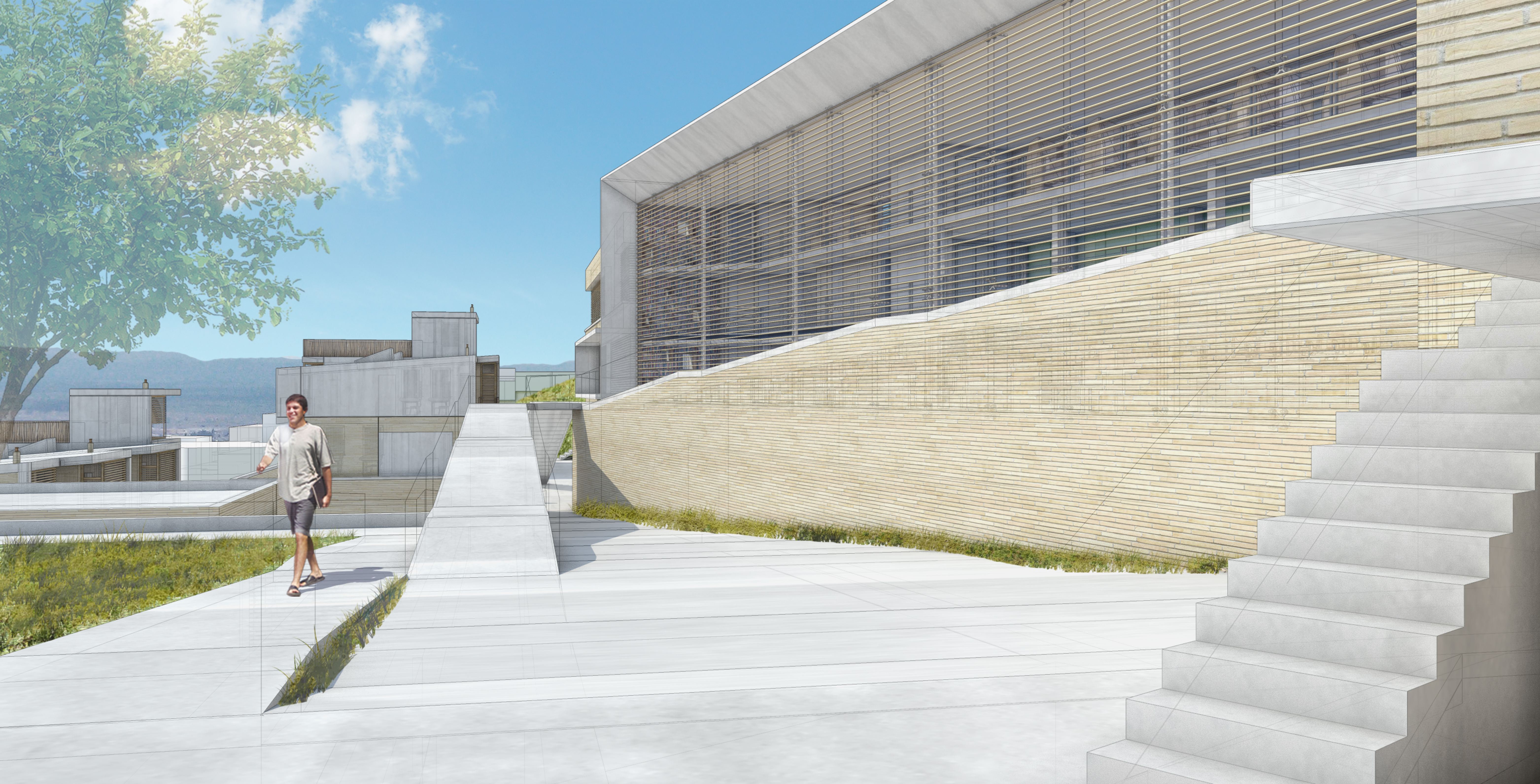
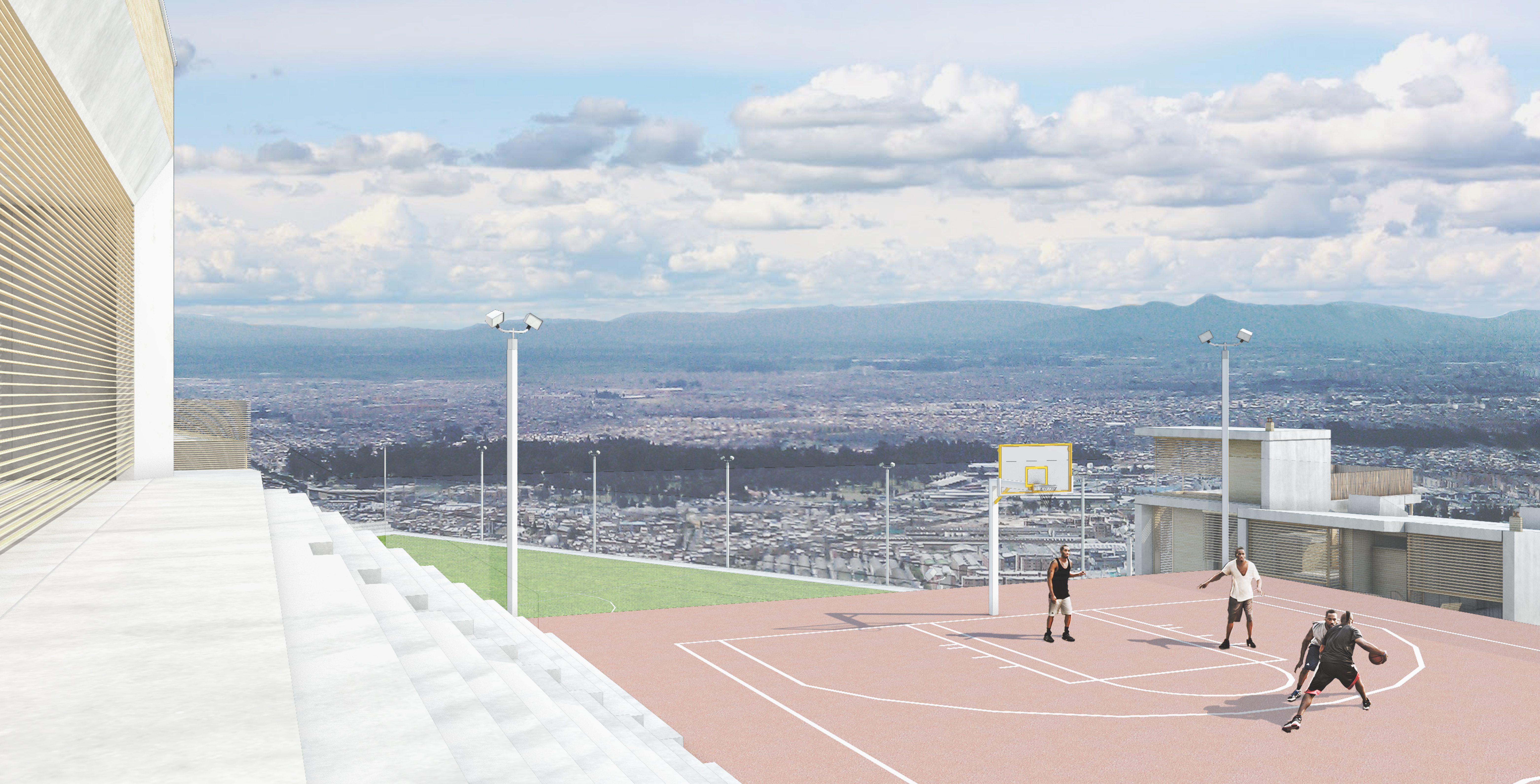

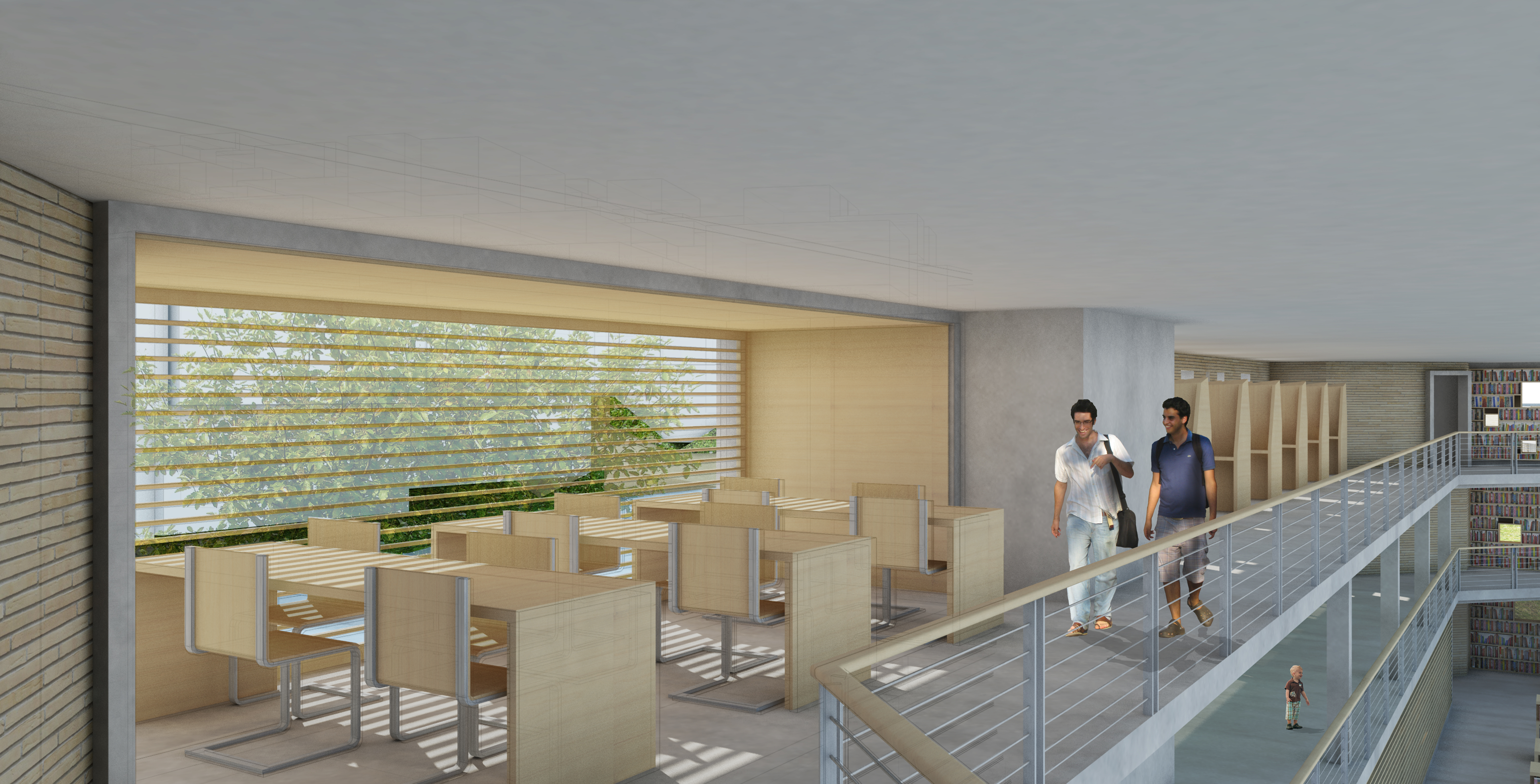













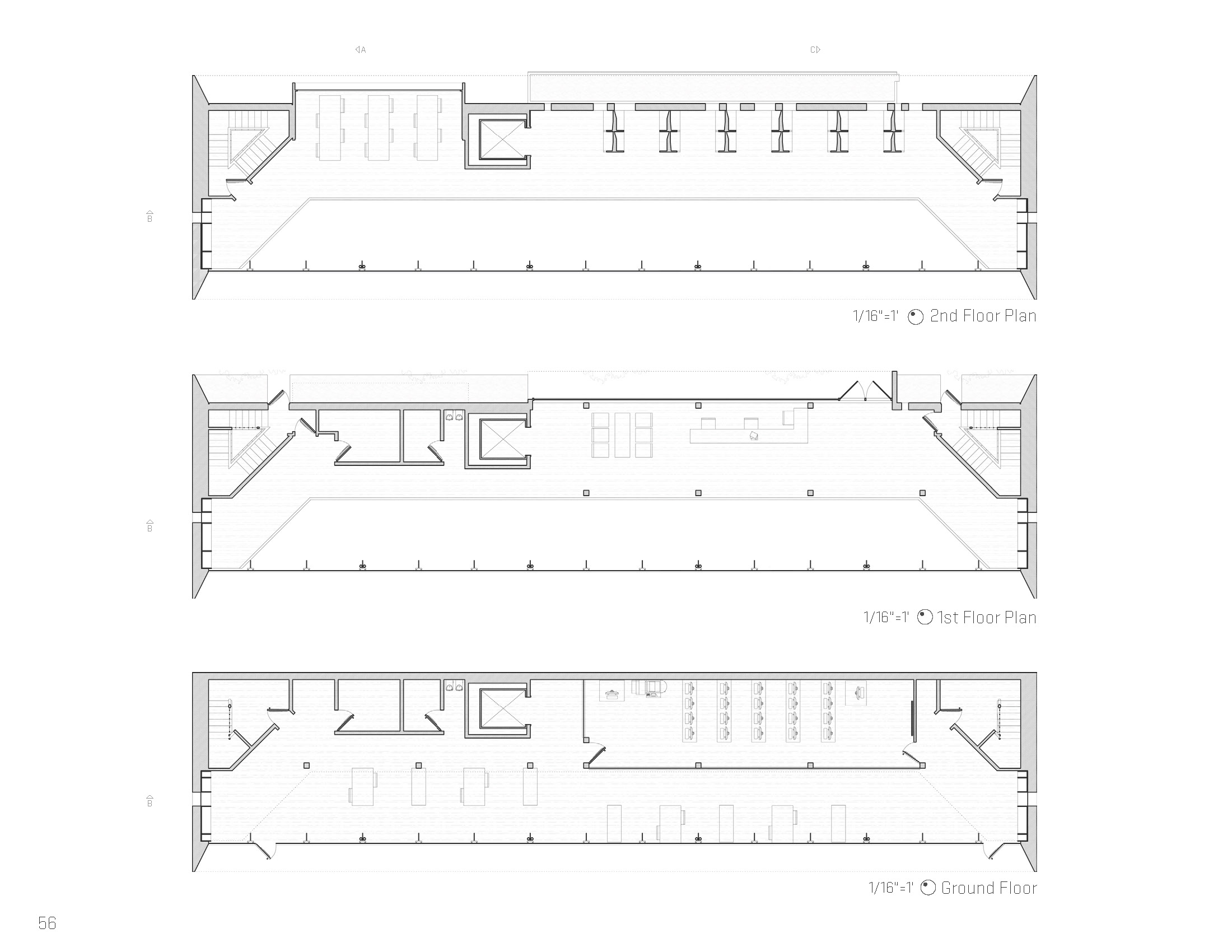







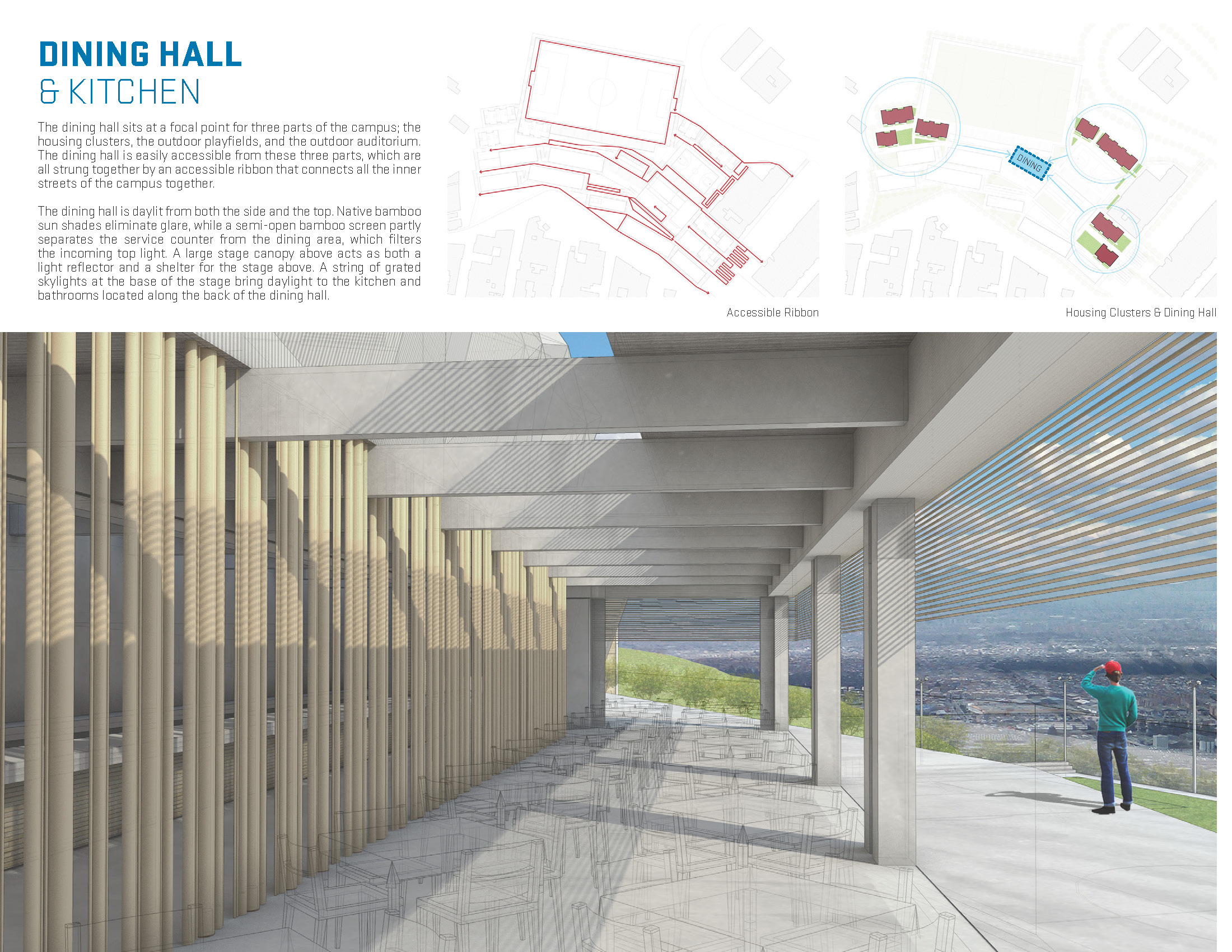
Priorities:
Critical Cultural Regionalism
What forms and spatial relationships will continue to support the existing culture? What appropriate new forms can push the culture forward and act as symbols/tools of progress?
Contextual Integration
What forms respond best to the climate of the site? How can existing site factors shape the edges and paths to the site, and how can the project blend into and improve its context?
Bottom-Up Humanitarian Design
What do the users imagine this project becoming? What do future users want it to include? How can neighbors and future users personalize, add to and improve the project over time?
Phenomenology + Human Spirit
How can experiential/sensual experiences support the aims of the program? What can material, space, daylighting, sequence, transition, arrival, etc. do to elevate the human spirit?
Resiliency + Sustainability
How can the input/output system of the program be made self-sufficient, responsive and adaptable? How can these systems be linked and composed to reinforce the program goals?
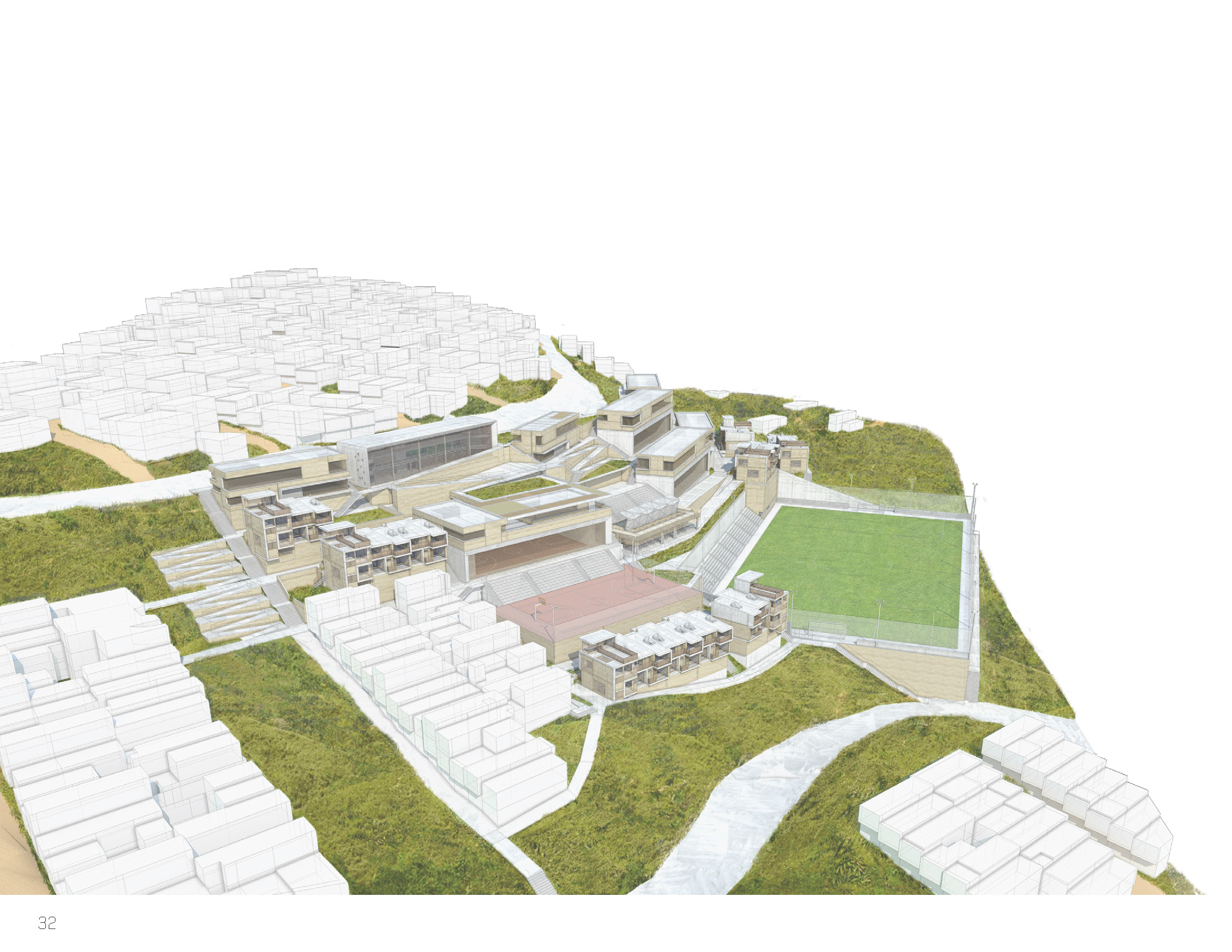









Being left with little to nothing after their ordeal, the only neighborhoods these ex-combatants and others displaced by the conflict are able to afford to live in a informal settlements on the outskirts of the capital city of Bogotá, more than 10km (>6mi) from the city center, on steep and unstable slopes without access to public space or safe, accessible paths, with poor infrastructure reliability, polluted water ways, high crime, diseased street animals, and more.
The government of Colombia has begun funding efforts to build workshop schools and rehabilitation academies that can give former child soldiers skills training, internships, and curriculum that helps them focus on earning a living, overcoming trauma and developing leadership skills.
However, instead of placing these workshop schools in the city center (forcing students to commute many hours a day) or building these rehabilitation academies far outside the city in the mountains, (disconnecting students from the urban life they must again grow accustomed to) these workshop academies can be a boon to the barrios that many of these former soldiers would otherwise be living in: supporting safe, lively streets and paths, space for struggling, enterprising neighbors and experienced craftsman/women who wish to exchange lessons for access to facilities, and much needed public spaces. This academy can also be a symbolic landmark of the country’s commitment to its most marginalized citizenry (using the form language of recently built library parks in Medellin, Colombia) while still blending into its particular urban context and regenerating the adjacent environmental and social elements that threaten the barrio.









